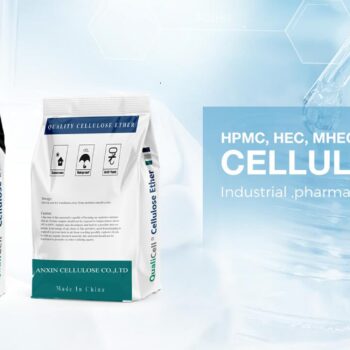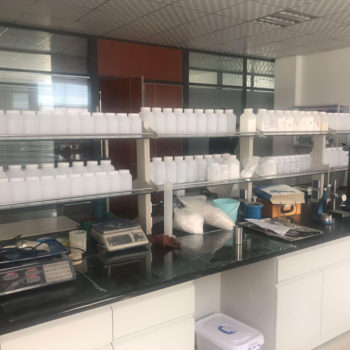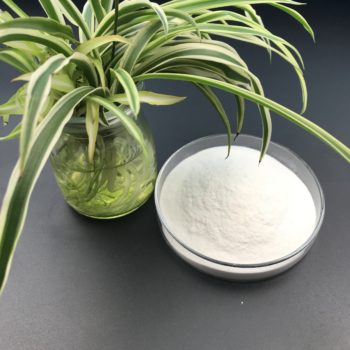HPMC is an additive well suited for dry mortar applications
The high-viscosity dry mortar additive hydroxypropyl methylcellulose (HPMC) is a commonly used material in the construction industry. It is a white or slightly yellow powder, odorless, non-toxic and non-flammable. HPMC is soluble in water and some organic solvents and has the ability to thicken and bind materials.
One of the primary functions of HPMC in dry mortar is to increase the viscosity of the mixture. This helps create a uniform consistency that is easier to apply. In addition, HPMC can improve the workability of dry mortar, making it easier to spread and pump. This is especially important on large construction projects where time is of the essence.
But HPMC isn’t just about convenience. It also improves the quality of the finished product. By increasing the viscosity of the mortar, HPMC helps prevent sagging and settling during the curing process. This ensures that the mortar retains its shape and strength over time, reducing the risk of cracks and other structural problems.
Another important function of HPMC is its ability to improve the adhesion of mortar to the surface. This is especially important when working with porous materials such as brick, concrete and stone. HPMC helps create a more uniform surface that adheres tightly to the substrate, reducing the risk of peeling and other problems.
HPMC is also an important additive in terms of water retention. Dry mortar will lose moisture quickly, resulting in poor curing conditions. By adding HPMC, the mortar retains moisture longer, improving the curing process and ensuring the finished product is strong and durable.
Another advantage of HPMC is its ability to improve the freeze-thaw resistance of dry mortar. This is an especially important consideration in cold climates, where freeze-thaw cycles can cause damage and deterioration to building materials. By adding HPMC to the mortar, the resistance to freezing and thawing can be increased and the risk of damage caused by this phenomenon can be reduced.
HPMC is a cost-effective and environmentally friendly additive. It is relatively low cost compared to other building materials and does not release harmful chemicals or pollute the environment. Therefore, HPMC is a popular choice among construction professionals looking for reliable, safe and effective materials.
Hydroxypropyl methylcellulose (HPMC) is a high-viscosity dry mortar additive widely used in the construction industry. It is a modified cellulose ether with excellent water retention, thickening and adhesive properties. In this article, we will discuss the positive aspects of using HPMC in dry mortar applications.
HPMC is an important component in dry mortar formulations as it improves the quality and workability of the mix. It enhances the adhesion of the mortar to the substrate, thereby increasing the overall strength and durability of the structure. This is particularly important in applications such as tile fixing, plastering and rendering, where the mortar needs to adhere to a variety of surfaces.

HPMC acts as a water retaining agent, ensuring that the mortar retains its moisture content for longer. This results in better hydration of the cement and improved bonding to the substrate. Using HPMC in dry mortar mixes also reduces the risk of shrinkage and cracking common with dry mortar.
HPMC improves the workability and consistency of dry mortar mixes. It enables the mortar to flow smoothly and evenly, making it easier for construction workers to operate. This is particularly advantageous in vertical applications where the mortar needs to set before flowing or sagging. The use of HPMC allows the applicator to achieve a consistent finish, thereby improving the overall appearance of the structure.
HPMC is a non-toxic, environmentally friendly additive that has no adverse effects on human health and the environment. It is derived from renewable resources and is biodegradable, making it ideal for sustainable building practices.
Using HPMC in dry mortar mixes can also provide cost savings to contractors. It reduces the need for additional water, which can be expensive, and allows the mortar to be applied more efficiently, thus reducing labor costs. Additionally, increased structural quality and durability reduce the need for costly repairs or replacements in the future.
HPMC is an additive well suited for dry mortar applications. Its water retention, thickening and adhesion properties improve the quality and workability of the mortar while being environmentally and cost-effective. The construction industry can greatly benefit from using this positive, versatile and useful product.



